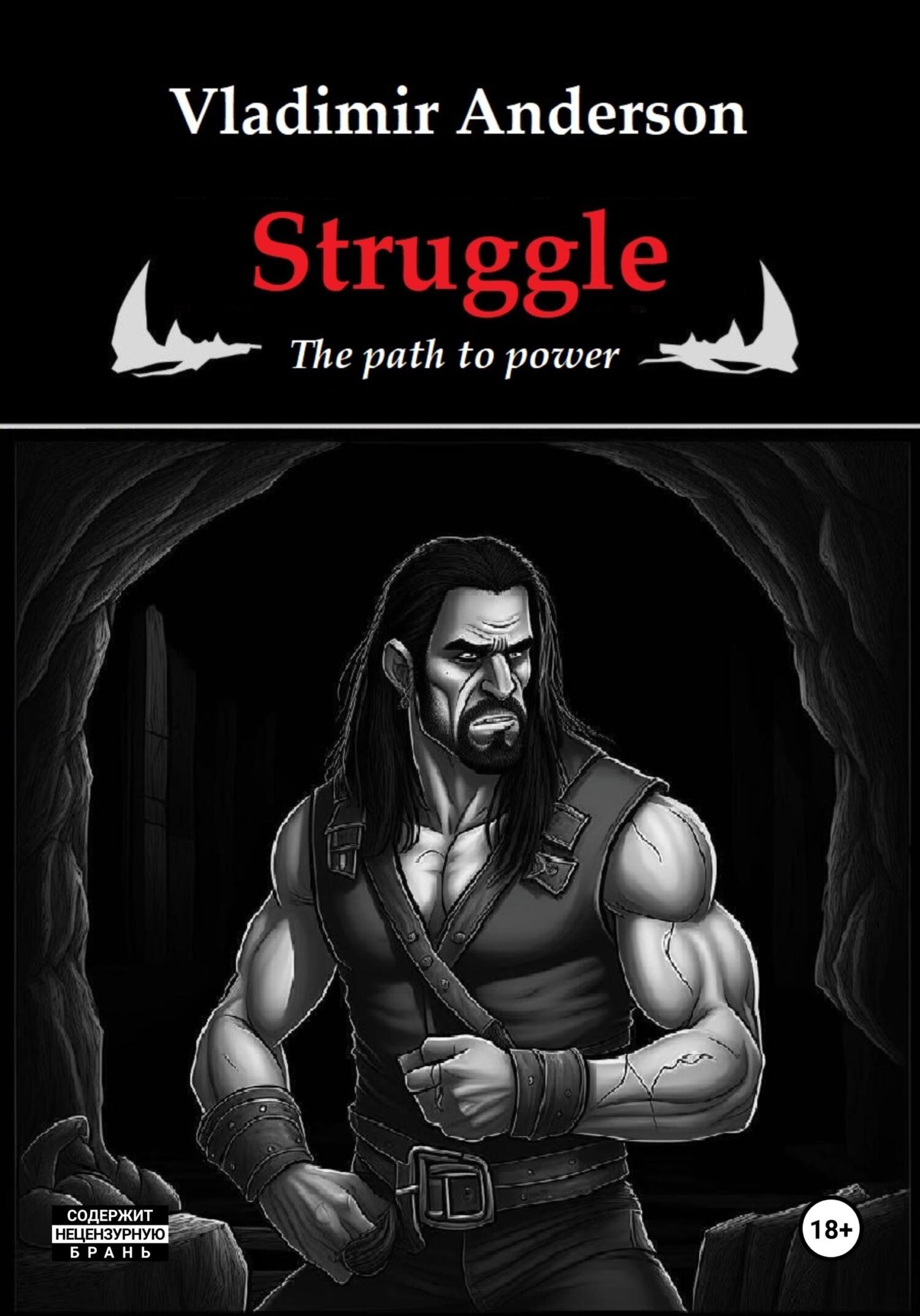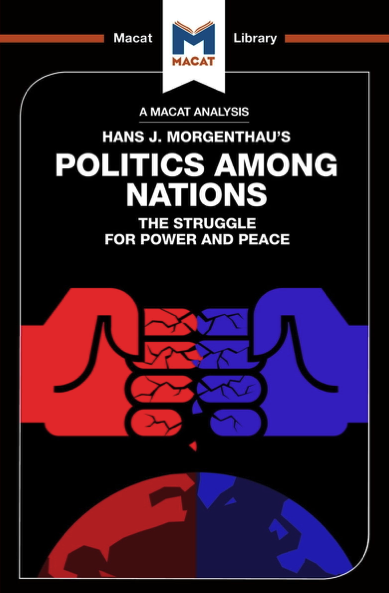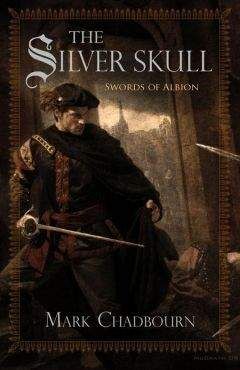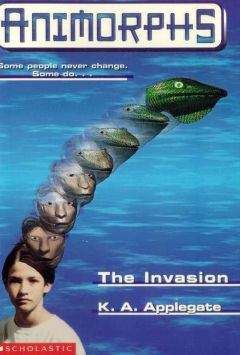the country, the most lively and buzzing city, perhaps because it was never once destroyed in its history, even during the Great War; Donetsk — the basis and movement of labor, very close to here the greatest labor movement of "Stakhanovites" was born, which then quickly took over the entire Soviet Union; and Kharkov = a cluster of wit and wisdom, where even in the times of imperial Russia there was a University.
It was founded almost immediately after the victory of Ukrainian Cossacks and Moscow troops over the Poles in 1676.
In that war, one unique event took place, taking its roots from the Pereyalava Rada. The Cossacks, announcing their accession to Muscovy, demanded that the Tsar swear allegiance to them, that is, swear to serve for the good of their people.
In Moscow, it was not accepted to swear an oath to the tsar. But since the Cossacks wanted to join the unified state as much as the Russians wanted to accept them, a mutual "act of trust" took place, for the first time in history. Alexey Mikhailovich did not swear an oath, but gave his word to rule the Ukrainians for their own good, and they, in turn, for the good of the Tsar and the united state. Thus, for the first time since the times of Kievan Rus, Kiev and Moscow became part of one country.
Kharkov absorbed all mutual love and devotion to each other. That's where the mind was formed.
Empty streets. Some things had fallen apart, some had collapsed on their own. Misha walked along the kerb, past stones and half-scattered bricks. He had wanted to visit this place for a long time, ever since Sasha Rucheyev's stories; to see with his own eyes what was worth it.
Despite all the spirituality, in the city, past the time and wars, there was a pile of trifles, a pile of junk left by those who were for the West or the East, and also a pile of advertising… Every meter there are posters and billboards, two human heights, and the image of what? A cell phone. One company, another. With inscriptions about slogans and urgent actions…
"And people bought all that? — Misha thought. — What is so important about this rectangular object? Does everyone without exception need this thing, and moreover, this particular model?…? I've walked five blocks, I've seen this thing for the tenth time. You couldn't leave the house without it? You couldn't go out on the street without this particular model? Everybody needs one? Like a gas mask in a gas attack? What kind of government did we have before that didn't look at what people are advised to buy? The authorities are no more interested in the turnover of trade than in their own existence. And who will preserve it, the power, the turnover of trade or its own subject, seeing the care of the state? How many people do not know that their health could be improved just by taking iodine or vitamins in the right quantities? Why don't the authorities put advertisements on these posters saying that they, the citizens so necessary for the state, will be given vitamins at some point, though not for free, if the state does not have enough money for it, but for their own health, simply because without them this government is not worth a gram. It is not worth a gram without people….. But it isn't! Everywhere this power allowed these troubadours to shout that they need some ultramodern all capable of doing the telephone for them! Where are the priorities of this structural design?
Watching and listening to all this crap wrapped in silk, the people remained patriotic?
As soon as I said all this to the billboard, a cell phone poster flew off it, and underneath it was a social advertisement asking people to "let the ambulance pass on the road".
— That's the way to do it. The whole point of the market is, the highest bidder wins. Who needs an ambulance? Old people, mostly. And they live on a pension that's not enough to buy the latest cell phone. So nobody needs them.
In front, Grigory Listov was sitting by the roadside, again on the steps. He was also studying the city, also from someone else's memories.
— Greetings, Comrade Captain. — he snapped out of his seat.
It's becoming a habit; not his subordination, but Misha's aversion to it. Tired of it, that's all. Knocking on his cap already like a blacksmith on an anvil. Probably it's because of having to go into battle too often…. — Have a seat.
They sat down; again on the steps-just like last time.
— How do you like the city? — Misha asked.
— Well done, Comrade Captain.
— Enough already. Just Misha. That's all. That's an order.
Grisha was confused: "It's uncomfortable."
— Come on, it's embarrassing. Bullets are the same for everyone. And they don't fly around generals…
— Misha grinned. — And even on the contrary… Admiral Nakhimov. Have you heard of him?
— No way… No, I didn't.
— In the Crimean War he led the defense of Sevastopol… Just said that "today they shoot well", immediately got his death.
— It's a shame.
— Why are you sorry?
That's not the kind of question anyone was supposed to hear.
— Why are you sorry? — Misha repeated, looking him in the eye not as a commander, but as a soldier who had seen death many times.
— He was in charge of the defense… Without a commander, how?
— Oh, that's what you mean. But you're the one who's sorry, isn't he? I'm not sure. They've lost this war before. You know how hard it is to lose. And to lose to people you hate. Who came to your land and you can't do anything… I want to grab a bullet… It'll cure everything, all the pain in your heart… And grab it in such a way that it's not on purpose. It's not on purpose, it's just a bullet… it just flew by,





